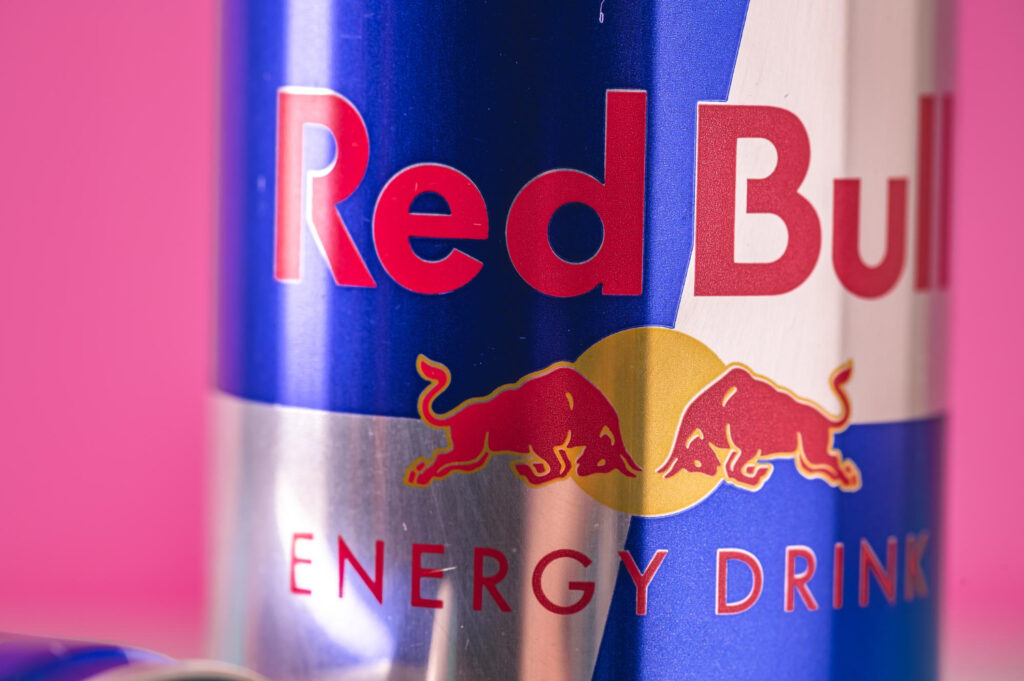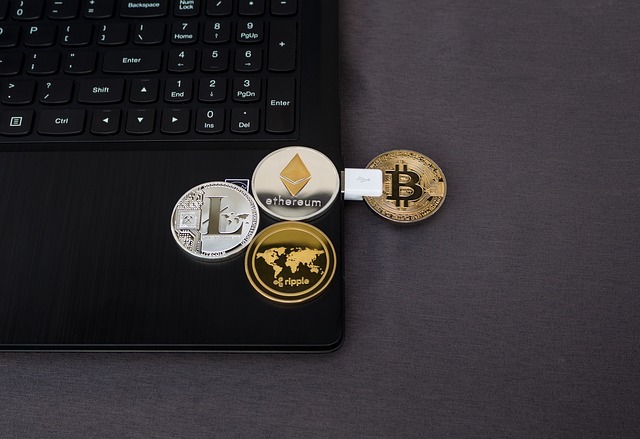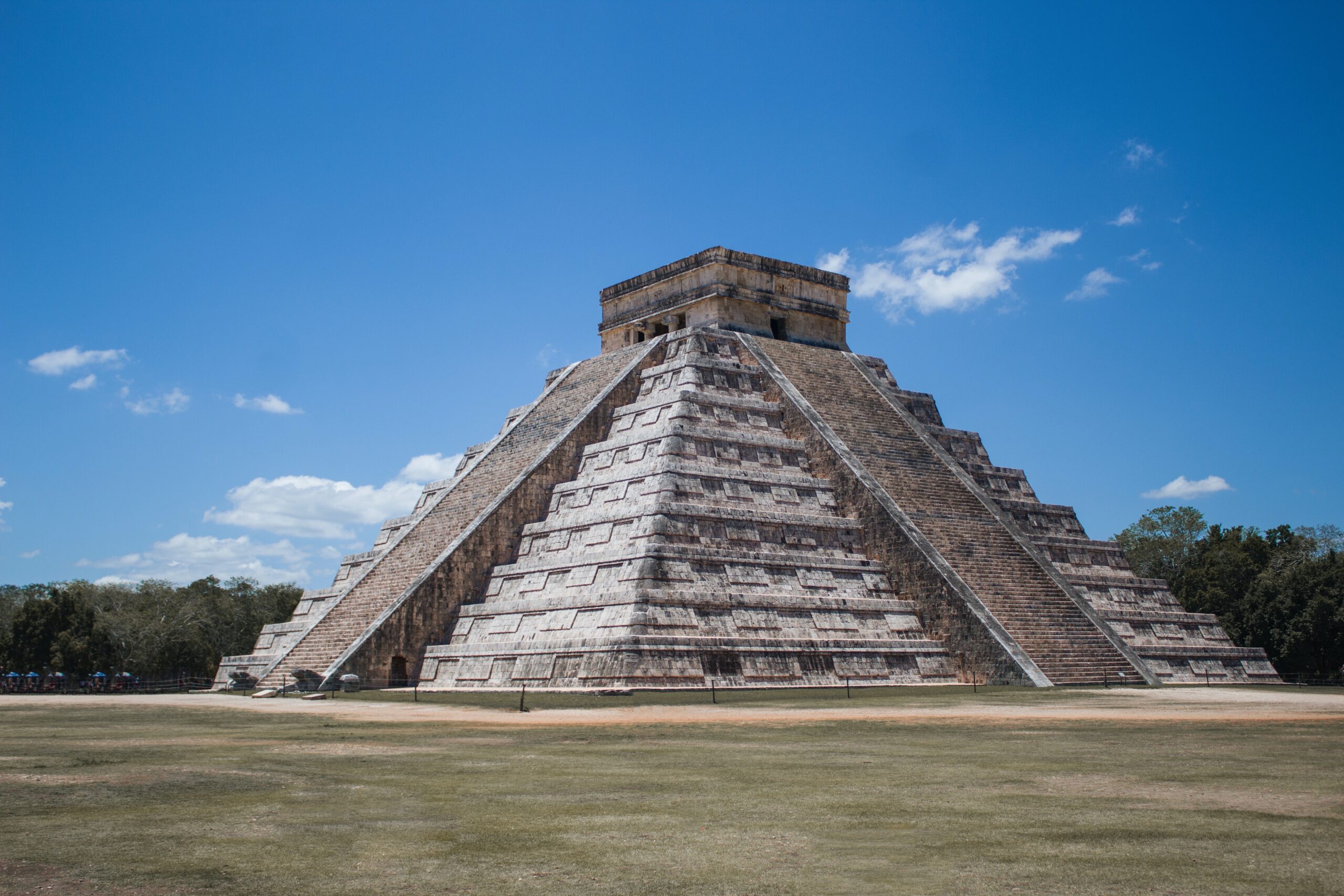You may have heard of a crypto wallet or read about a crypto wallet but don’t fully understand the idea behind a crypto wallet. Is it a regular wallet, like the one that holds your cash and cards? Yes and no. A crypto wallet keeps your cryptocurrency. It’s a safe space that only you can access (unless you leak your keys to someone). A crypto wallet is different from a regular wallet for a number of reasons: one reason is that it looks different, and the other reason is that it has a secrete passcode or “keys” that are not recoverable if you lose them.
What kind of wallet is right for you?
A crypto wallet can be cloud-based or a hardware wallet. The difference between the two is precisely how it sounds; one wallet stores your crypto in the cloud, and the other stores it on a physical device. The differences between these two wallets don’t stop there: with a hardware wallet you have to keep track of your keys AND the actual wallet. A cloud-based wallet stores everything, including your keys, on a third-party server. Another type of wallet is a paper wallet. A paper wallet is a printout of your public and private keys. There are upsides and downsides to a paper wallet; the upside to a paper wallet is the security it provides. The downside is your paper keys can be easily destroyed, lost, or accidentally thrown away. Another wallet option is the desktop wallet. A desktop wallet allows you to store crypto on your computer; you need to ensure that your computer is updated and has the latest malware installed. A desktop wallet is only as secure as your computer; if your computer gets hacked, your crypto wallet likely is too.
Hot vs Cold Wallets
Crypto wallets are either hot or cold. A hot wallet means the wallet is connected to the internet and can be accessed from any computer or device. A hot wallet includes cloud wallets, app wallets, or wallets on the exchange. A cold wallet is a paper or hardware wallet; a paper or hardware wallet does not connect to the internet. There is a use for both; if you want to buy and sell crypto regularly, you should probably have a hot wallet. A hot wallet allows you to quickly sell your crypto because you can quickly transfer the crypto back to the exchange to sell. A cold wallet is best for those who want to buy and forget their cryptocurrency. A cold wallet doesn’t mean you can’t ever trade your crypto again but, it’s like freezing your credit card in an ice block, it makes it hard and inconvenient to transfer your crypto to the exchange. It is up to you what type of wallet to choose, and this article will go over some of the most popular options.
Choose a wallet!
If you find yourself drawn to cloud wallets, these are the best available:
- Coinbase
- Binance
- Bitcoin IRA
- Gemini
As you can see, these cloud wallets share the names of popular exchanges. These exchanges offer a private wallet option; you can quickly transfer crypto from your wallet back on to the exchange to buy and sell. Wallets provided by Coinbase and Binance are hot wallets. Those worried about security can rest assured, the Coinbase wallet touts itself as one of the safest in the industry. However, no cloud-based wallet is genuinely 100% secure.
On the other hand, Bianca’s wallet integrates with their exchange, so you don’t have to transfer coins back and forth. A Binance wallet is a good option for crypto day traders because you can trade instantly inside your wallet. Whereas If you have a Coinbase wallet, you’d need to transfer your coins back to the exchange to sell.
Coinbase also has an excellent option for those who are interested in regularly purchasing cryptocurrency. Coinbase offers a USD wallet. A USD wallet allows users to transfer fiat (dollars) into a wallet on the exchange. A Coinbase USD wallet is beneficial because you don’t have to wait for the transaction to clear; you can instantly buy and sell cryptocurrency with the fiat in your USD wallet.
Another cool wallet to point out on this list is the Bitcoin IRA wallet. Are you interested in making crypto your retirement plan? The Bitcoin IRA wallet allows you to do just that. Bitcoin IRA is a multi-crypto wallet; this wallet enables users to hold various cryptocurrencies, including Ethereum and Litecoin. The Bitcoin IRA functions just like a regular, self-directed IRA; any gains grow tax-free. If you withdraw early, you’ll face a steep penalty. Consult a tax professional if you decide to withdraw cryptocurrency from a Bitcoin IRA. Wallet.
If you’re interested in a hardware wallet, these are the best on the market right now:
- Trezor
Price ranges from: $60 – $181
- Ledger
Price ranges from: $59 – $119
To transfer crypto to these wallets, you connect them to your computer via the USB port and transfer your crypto from the exchange onto the hardware wallet. Remember, there is a risk of losing these wallets forever. If you want to guard against losing a hardware wallet, you can buy multiple and make backups. The most positive aspect of a hardware wallet is the security aspect. As previously mentioned, a hardware wallet is a cold wallet and it is entirely offline. No one has access to it, and hackers can’t hack it. If you go this route, remember your private keys and don’t lose the wallet!
A cloud wallet or hardware wallet are two of the most popular types of wallets and the best for beginners to choose from. It is essential to consider the risks associated with each and pick one that works best for you. You can try multiple wallets, but make sure you remember your private keys so you can quickly transfer the crypto from wallet to wallet. Comment below and tell us what wallet you purchased!











































